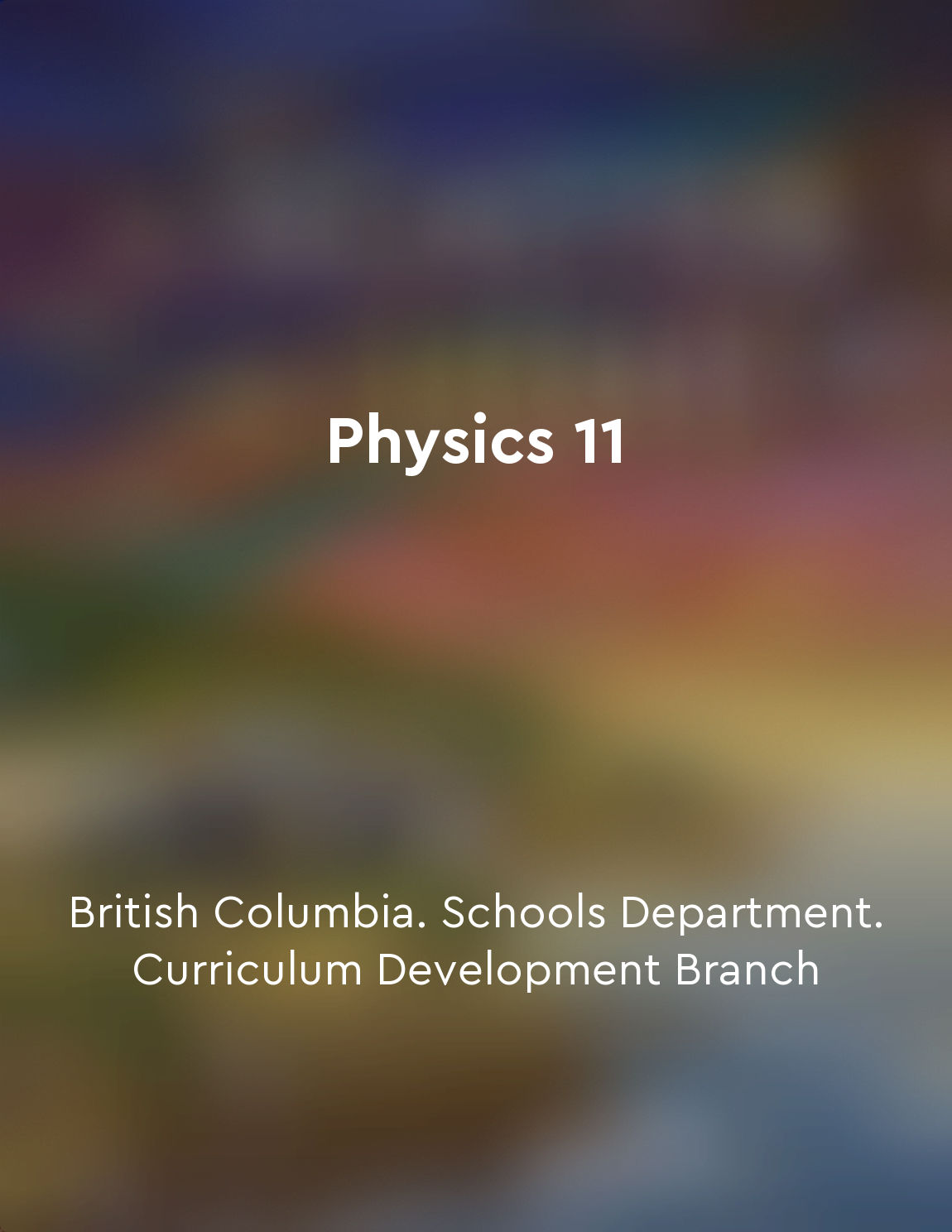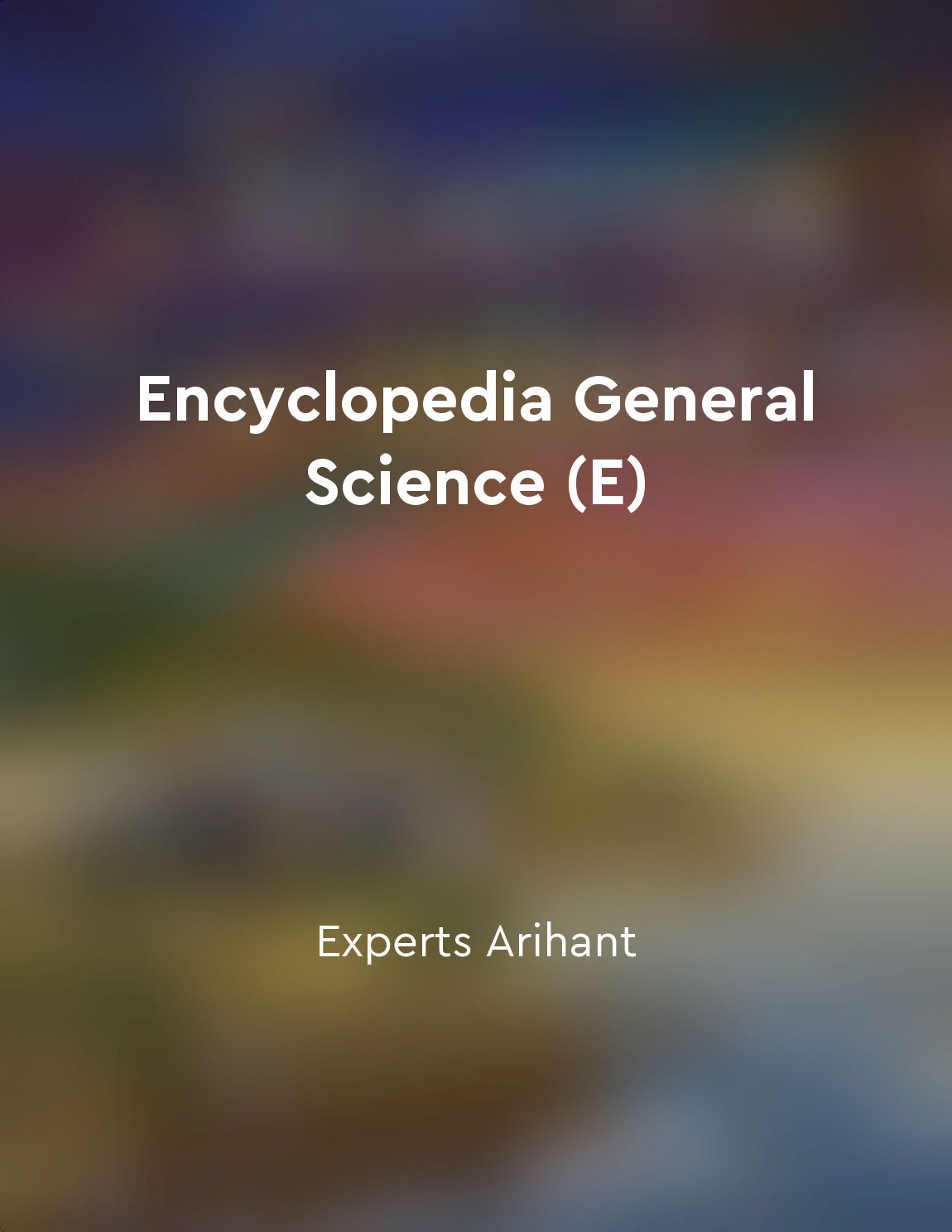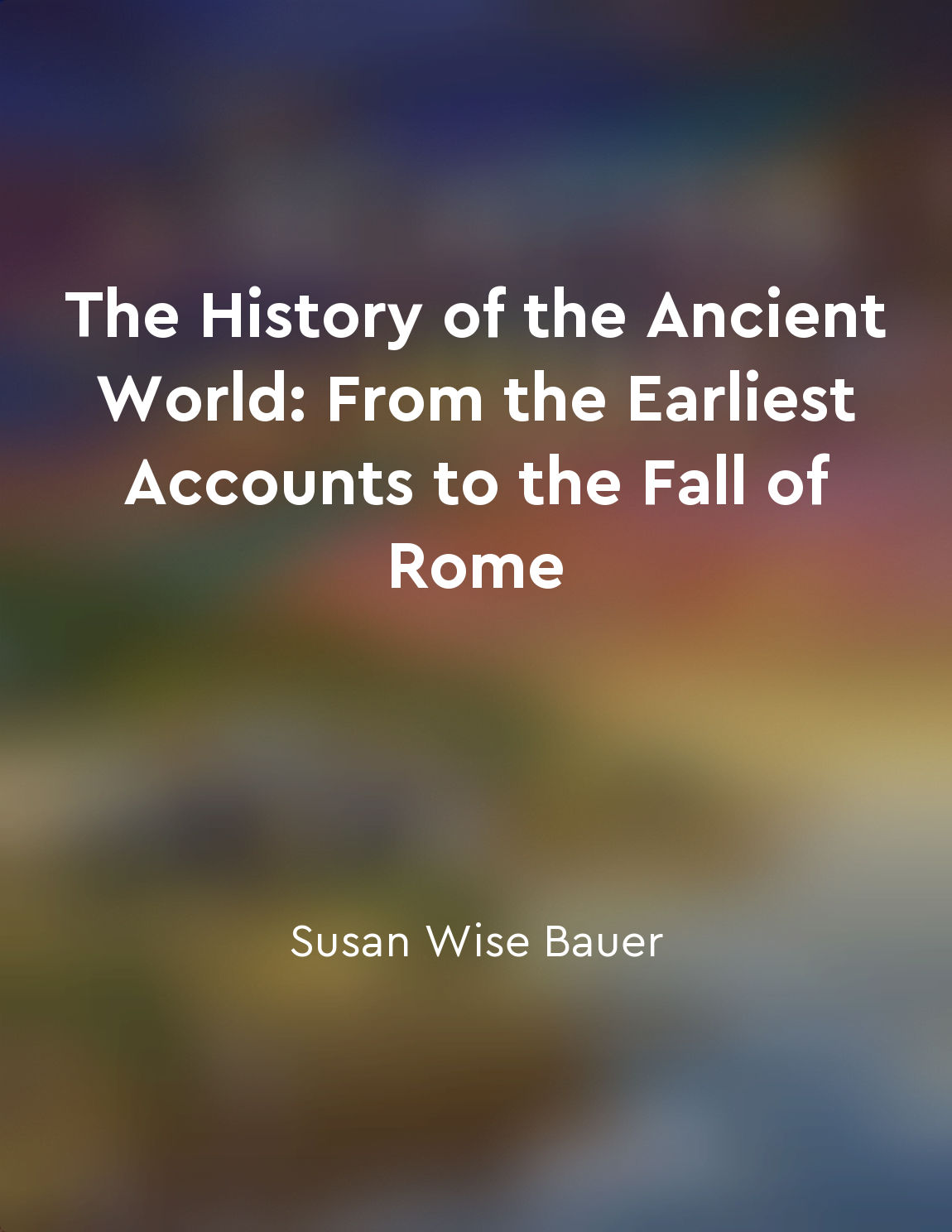Kepler discovered the laws of planetary motion from "summary" of To Explain the World by Steven Weinberg
Johannes Kepler was a German astronomer who made significant contributions to our understanding of the motion of planets. In the early 17th century, Kepler worked as an assistant to the great Danish astronomer Tycho Brahe. After Brahe's death, Kepler inherited his vast collection of astronomical observations, which provided him with the data needed to formulate his groundbreaking theories. One of Kepler's most important discoveries was his three laws of planetary motion. These laws revolutionized our understanding of how planets move around the sun. Kepler's first law, also known as the law of ellipses, states that planets move in elliptical orbits with the sun at one of the foci. This was a departure from the prevailing belief at the time, which held that planets moved in perfect circles. Kepler's second law, the law of equal areas, describes how planets move at varying speeds as they orbit the sun. According to this law, a line segment joining a planet and the sun sweeps out equal areas in equal intervals of time. This implies that planets travel f...Similar Posts
Einstein's early jobs included a patent examiner and teacher
Einstein's first job after graduating from Zurich Polytechnic was as a patent examiner in the Swiss Patent Office in Bern. This...

Energy can be transferred and transformed
The concept that energy can be transferred and transformed is a fundamental principle in physics. Energy is not created or dest...

Human beings are storytelling animals
Human beings are unique in their ability to communicate through complex language. This ability allows us to convey not just inf...

Scientific literacy is essential for informed decisionmaking
Scientific literacy is the fundamental knowledge and understanding of scientific concepts and processes that enables individual...
Saturn has iconic rings
One of the most striking features of Saturn is its iconic rings. These rings are made up of countless individual particles, ran...

Chart the spread of Greek culture through conquest and colonization
Greek culture was spread far and wide through a combination of conquest and colonization. The Greeks were not content to remain...
